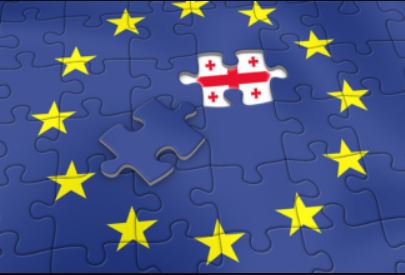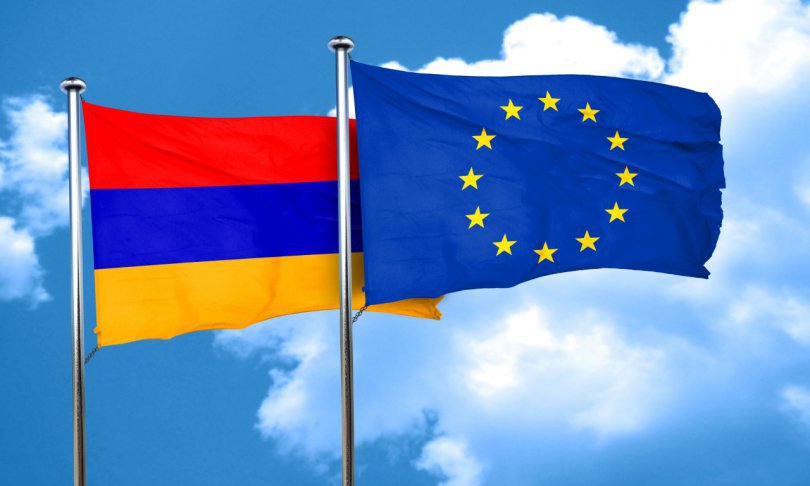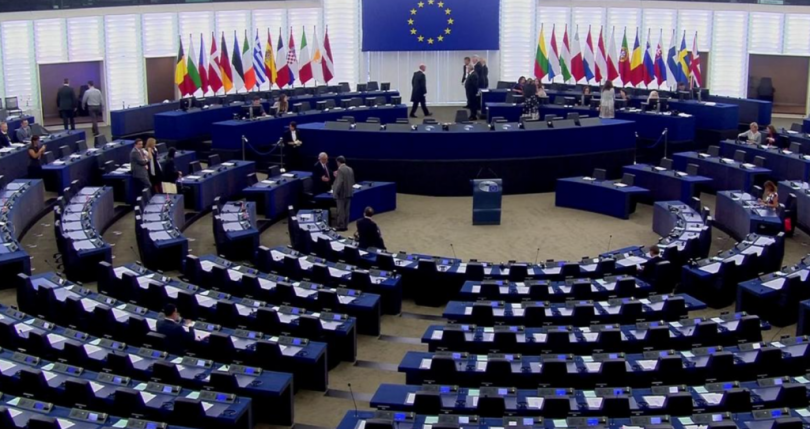
In a comprehensive report assessing the implementation of the Association Agreement between Georgia and the EU, the European Parliament commissioned a report laying out series of daunting assessments on Georgia’s recent trajectory. The lengthy report prepared by Laure Delcour, Associate Professor at Université Sorbonne Nouvelle and visiting professor at the College of Europe spares no words: “Georgia has seriously backslided with respect to the basic democratic principles and key political commitments” over the last two years, it concludes.
Detention of opposition leaders, the lack of effective probe into the June 2019/July 2021 violent incidents and the decision to abolish the State Inspector Service are cited as key examples of the ‘significant deterioration of the rule of law” together with the ruling party’s increasing concentration of power ‘while also restricting space for dissent.”
Developments in key areas such as judiciary and the media freedom are assessed in the same manner. The report is particularly critical of the “the hasty and non-transparent appointments of judges, the failure to reform the Prosecutor General appointment, the changes brought to the law on Common Courts,” viewing these steps as “major setbacks” precisely in the context the Association Agreement implementation.
On judiciary the report extensively cites Transparency International’s latest Corruption Perception Index in the context of influence exerted upon the judiciary by oligarch Bidzina Ivanishvili: “The influence of the ruling party's founder, formally retired Bidzina Ivanishvili, over key institutions cause concern. Ivanishvili's party, Georgian Dream, has in recent years solidified its grasp on the judiciary and law enforcement bodies, 'effectively killing the political momentum needed to fight corruption.”
Media freedom is not an exception.
“The working environment in which journalists operate in Georgia has become more challenging due to political interference with media work as well as verbal and physical attacks against journalists,” the report states, particularly focusing on the mass violence of July 5, 2021.
“Crucially, verbal attacks emanating from the ruling majority engender a hostile environment for the Georgian media and pave the way for physical violence. More than 90 violent attacks against journalists were reported in 2021. Violence took a dramatic turn during the Tbilisi Pride on July 5- 6, 2021, when radical and homophobic groups attacked 53 media representatives and Lekso Lashkarava, a Piverli TV cameraman, died after being beaten up. According to Georgian CSOs, the escalation into large-scale violence was encouraged by the authorities, who did not take appropriate security measures despite repeated calls from civil society to do so. Threats and violence against media representatives breed fear among journalists,” the report states.
The report also notes Georgia’s refusal to join the sanctions introduced against Russia after the invasion of Ukraine in late February 2022.







